Work without will or wonder is just drudgery. Play is an overlap of work, will, and wonder, and it transforms how we participate in the act of working.
Bringing play into your work increases your capacity to do work well. Think of the seven dwarves, toiling in the mines; they knew to whistle while you work. Play makes the hard work go by faster, and it infuses our work with a dash of joy.
Ever since I ran away and joined the circus, I’ve always seen my work as play. The harder the work, the harder I have to play to get through it. This mental trick – to gamify work – enables me to accomplish some spectacular things.
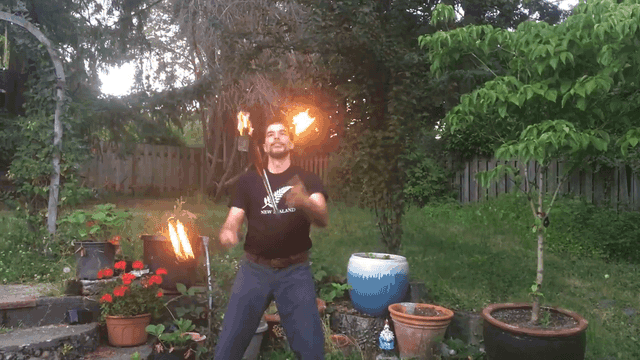
A game, according to Dr Jason Fox, author of The Game Changer, is anything that has goals, rules, and feedback.
A good game balances all three of these delicately, to make an experience that can be so good it’s addicting.
Work is often the opposite. Unclear goals, arbitrary rules, and confusing feedback (if any) lead us to resent our work, procrastinate doing it, and only contribute the minimal amount of effort required to stay on the job.
But work doesn’t have to be that way. You don’t play games that way.
“People don’t play games to avoid work; they play games to engage in well-designed work.” – Dr Jason Fox
I remember reading Felicia Day’s memoir You’re Never Weird On The Internet, and she shared a story about being addicted to World of Warcraft. She was the potionmaster for her guild, and to collect all the ingredients for the potions they needed for big battles, she would have to travel all over the huge map. It took her 3-4 hours per day. She happily went on her daily commute, for no pay, because it was fun.
If you can design your work to be more like a game, you can get more done in good cheer. Play improves our attention, increases innovation, and gives us the resilience needed to solve hard problems.
According to research by Dr Paulette Guitard at the University of Ottowa, she found that play helps adults:
- Find original solutions to problems
- Confront difficulties
- Accept failure
- Develop and enhance their ability to perform occupations
In short, play makes us better workers. If you can gamify how you relate to your work – by setting clear goals, understanding all the rules that affect your play, and get constant feedback on your performance – you will enjoy your work, and accomplish more that’s worthwhile.
(New)sletter ahead
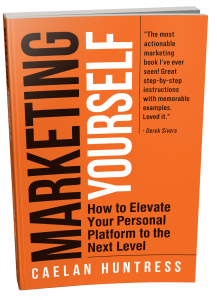 For the past few months, my writing has focused on Marketing Yourself, because I published and launched a book with that title. (If you don’t have it yet, you can get your copy here.)
For the past few months, my writing has focused on Marketing Yourself, because I published and launched a book with that title. (If you don’t have it yet, you can get your copy here.)
I love helping experts and entrepreneurs grow their business, and for the foreseeable future, marketing consulting and business coaching will be part of how I share that knowledge.
But I’m ready to try something new. While I will still share marketing and business growth content, I’m also going to talk more about the subject of my new book:
Playful Productivity
November is National Novel Writing Month (#NaNoWriMo) and I like using this month to crunch out my wordcount. (The goals, rules, and feedback of this game helps me get my work done.)
Most participants are writing a fiction manuscript, and try to reach 50,000 words by the end of the month. That’s the average word count of a book-length work of fiction. But the average non-fiction book manuscript is 30,000 words.
That’s 1,000 words a day.
Every day during the month of November that I write a thousand words, I am putting a gold star on my calendar. (Goals, rules, and feedback.)
I’m already giving keynotes on Playful Productivity, and I have developed a lot of IP that I am ready to translate into a book. During one of my recent presentations for Community Waikato’s #EmbraceTheChallenge2022 annual conference, there was a sketchnoter from Interactionz in the audience, and they produced this beautiful animated diagram:
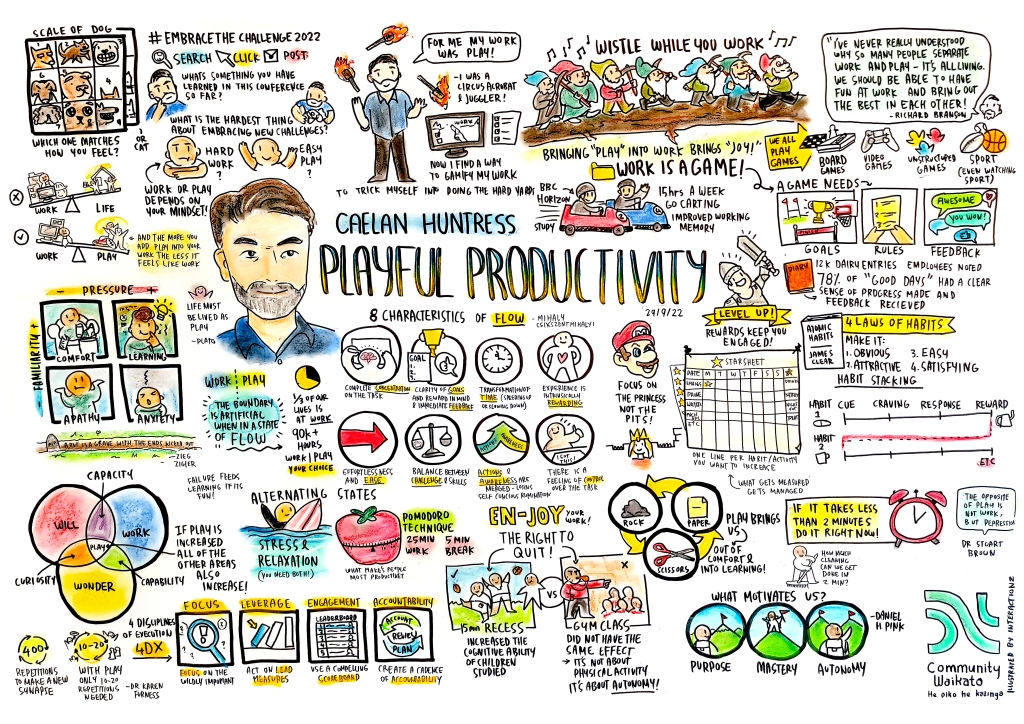
I’ve printed this image to put it on my wall, so I can look at it while I write in the morning. If you’d like to follow along with my NaNoWriMo progress, follow me on Twitter, I post there more than other places.
If you’d like to get on the wait list for my new book Playful Productivity, you can sign up to be an early reader here.

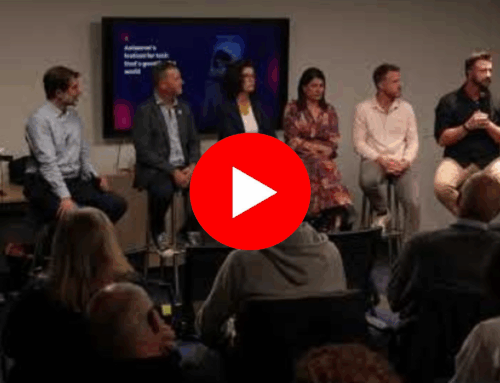


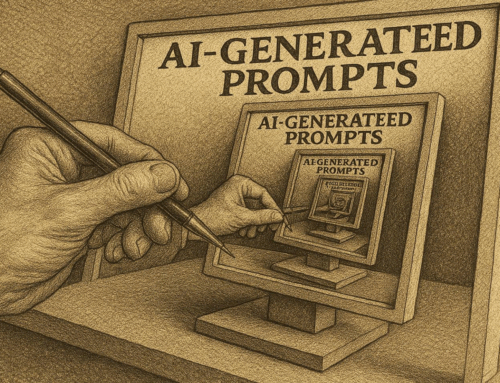
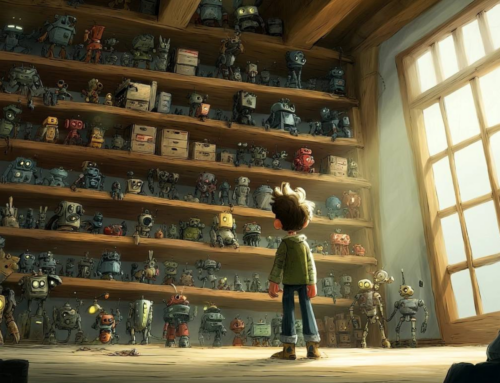
Leave A Comment